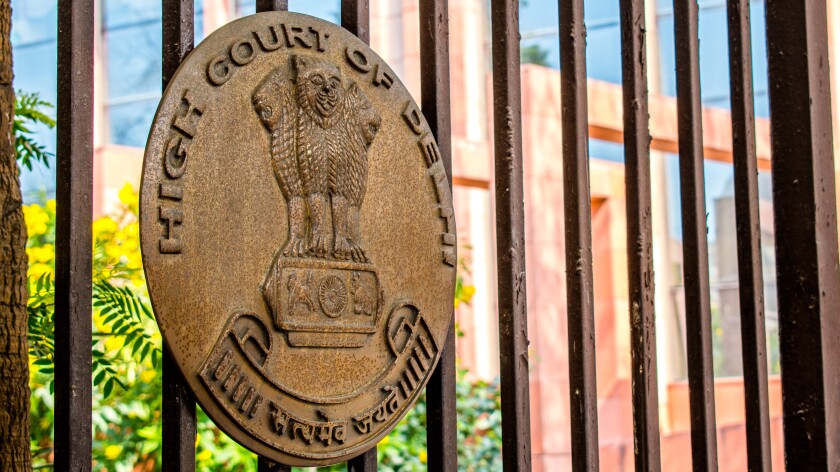In an infringement suit, GSP Crop Science Pvt. Ltd. v Devender Kumar, concerning the latter’s unauthorised use of the plaintiff’s patent, the High Court of Delhi, in an order dated January 19 2024, granted interim relief to the plaintiff based on an infringement analysis (as supplied by the plaintiff) and ‘me too’ registration of the defendant’s product.
The plaintiff owns the suit patent (IN 384184) for ‘Liquid Composition of Pendimethalin and Metribuzin’. The patent relates to a liquid formulation comprising Pendimethalin (ranging from 10 to 40% weight of solute dissolved in weight of solvent, or w/w) and Metribuzin (ranging from 1 to 10% w/w) as active ingredients along with inert excipients, wherein Pendimethalin to Metribuzin is in the ratio of 1:1 to 25:1. The plaintiff asserted that the patented formulation provides a convenient combination dosage form of the active ingredients that has increased efficacy, stability, and bio-equivalence compared with the corresponding free combination of the same active ingredients.
The plaintiff also obtained a registration for formulations of Pendimethalin 35% + Metribuzin 3.5% under Section 9(3) of the Insecticides Act, 1968, which are used in Platform, its commercialised herbicide product.
In November 2023, the plaintiff learnt that the defendant had launched a product called Pendamic, which is an imitation of the plaintiff’s novel and innovative product.
After acquiring and scrutinising samples of the defendant's product, the plaintiff discovered that the label on these products, setting out the ingredients used therein, clearly matches the claims of the suit patent. To support its argument, the plaintiff presented the infringement analysis of the defendant’s infringing product, wherein the comparison suggested that the use of active ingredients in the impugned product directly falls within the claims of the suit patent.
The plaintiff also argued that the defendant's infringement is further substantiated by its acquisition of a registration under Section 9(4) of the Insecticides Act, 1968. Such a registration, commonly known as a me too registration, is only granted when a first registration already exists under Section 9(3) of the act. This, according to the plaintiff, is effectively an admission of the fact that the defendant was aware of the suit patent and that the defendant’s product comprises a formulation that is identical to the suit patent.
Moreover, it was stressed that the defendant could not deny being aware of the suit patent as the plaintiff’s product clearly carries a ‘patented’ notice on the label, alerting any viewer to the fact that the plaintiff’s Platform product is patented.
The High Court of Delhi’s ruling
On considering the plaintiff’s contentions and analysing the infringement analysis as provided by the plaintiff, the High Court of Delhi held that the plaintiff had established a strong prima facie case to demonstrate infringement of the suit patent.
The court further noted that the defendant’s product was stated to have been launched only in 2023, as evidenced by the packaging of the product. Therefore, the balance of convenience also lies in favour of the plaintiff.
Finally, it was acknowledged that if the defendant is not restrained, the sale of the allegedly infringing products is likely to cause harm and damage to the plaintiff.
Thus, by applying the standard of the triple test, the court granted an ex parte ad interim injunction in favour of the plaintiff.
Implications of the decision
The decision strengthens the enforcement of patents in the agrochemical sector.
The term ‘me too’ refers to products that closely resemble or imitate existing products on the market. Infringement occurs when these me too products violate the intellectual property rights of the original product. In this case, the plaintiff’s analysis demonstrated a direct (literal) infringement by one-to-one mapping between the features of the impugned product and the suit patent. The me too registration of the defendant’s product added further weight to the plaintiff’s infringement case.













